 "Of old the Hellenic race was marked off from the barbarians as more keen-witted and more free from nonsense."
"Of old the Hellenic race was marked off from the barbarians as more keen-witted and more free from nonsense."Herodotus I: 60.
Greek and Roman Mythology is quite generally supposed to show us the way the human race thought and felt untold ages ago. Through it, according to this view, we can retrace the path from civilized man who lives so far from nature, to man who lived in close companionship with nature; and the real interest of the myths is that they lead us back to a time when the world was young and people had a connection with the earth, with trees and seas and flowers and hills, unlike anything we ourselves can feel.
When the stories were being shaped, we are given to understand, little distinction had as yet been made between the real and the unreal. The imagination was vividly alive and not checked by the reason, so that anyone in the woods might see through the trees a fleeing nymph or bending over a clear pool to drink, behold in the depths a naiad's face.

The prospect of traveling back to this delightful state of things is held out by nearly every writer who touches upon classical mythology, above all by the poets. In that infinitely remote time primitive man could

"Have sight of Proteus rising from the sea; Or Hear Old Triton blow his wreathed horn."
And we for a moment can catch, through the myths he made, a glimpse of that strangely and beautifully animated world. But a very brief consideration of the ways of uncivilized peoples everywhere and in all ages is enough to prick that romantic bubble. Nothing is clearer than the fact that primitive man, whether in New Guinea today or eons ago in the prehistoric wilderness, is not and never has been a creature who peoples his world with bright fancies and lovely visions. Horrors lurked in the primeval forest, not nymphs and naiads. Terror lived there, with its close attendants, Magic, and its most common defense, Human Sacrifice. Mankind's chief hope of escaping the wrath of whatever divinities were then abroad lay in some magical rite, senseless but poweful, or in some offering made at the cost of pain and grief.

Source: Mythology: Timeless Tales of Gods and Heroes by Edith Hamilton
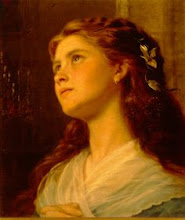

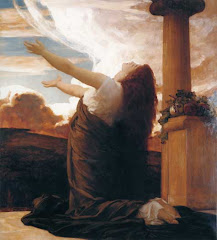





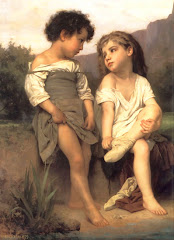









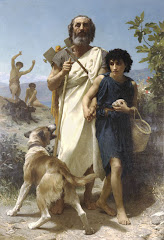






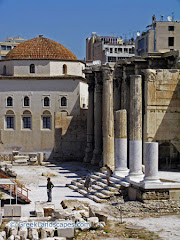
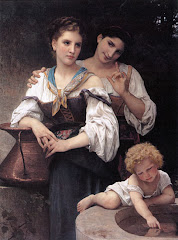
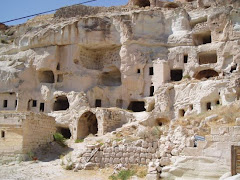









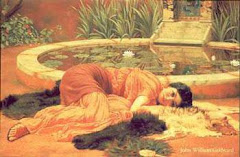





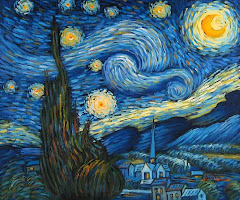







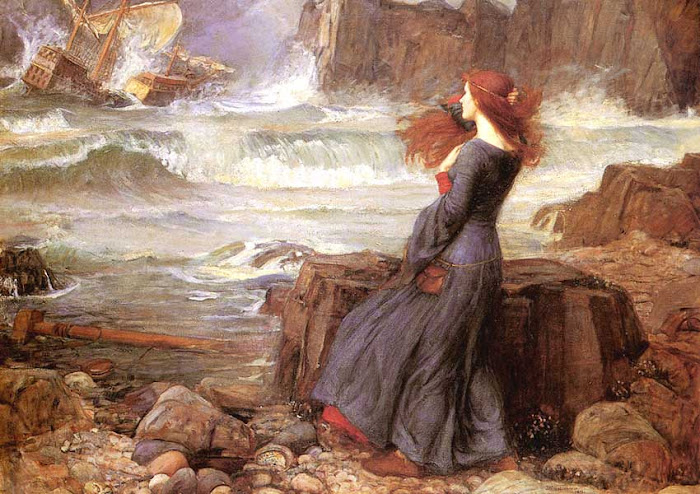
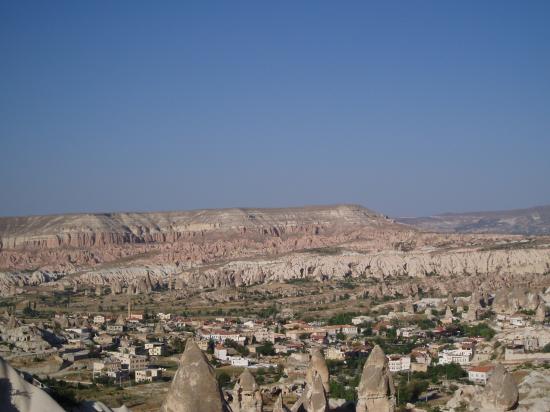



No comments:
Post a Comment